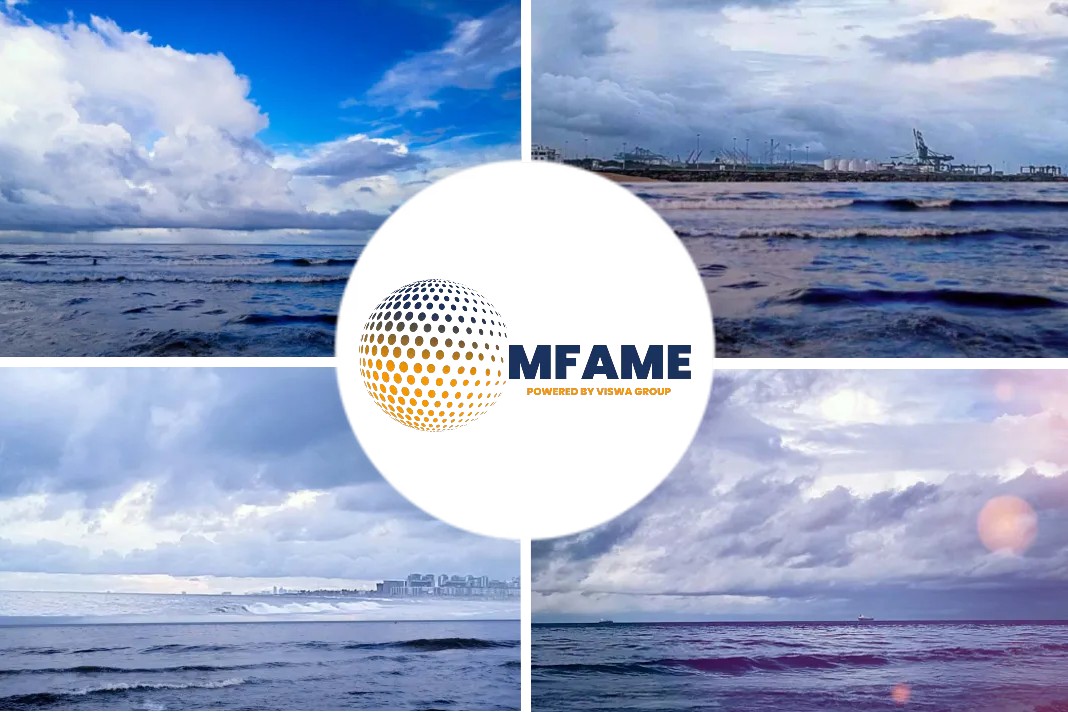Paolo d’Amico on the challenge of decarbonization in an article on Splash247.
Decarbonization: The next big issue
Paolo d’Amico, chief executive officer of d’Amico International Shipping and d’Amico Società di Navigazione group, has no doubt what is the next big issue to be faced by the industry.
“The next challenge for the future? Decarbonization for sure. We are already thinking at the next stage of fleet renovation taking in mind the emissions will have to be significantly reduced before 2050,” he says in conversation with Maritime CEO.
Alternative solutions
D’Amico is investigating alternative solutions and technologies for new ships to be compliant with the new rules in the long term but the shipowner admits current ideas are still not really clear today.
“What I can say is that 60,000 vessels, the entire merchant fleet at sea nowadays, will have to be scrapped and rebuilt in the next 30 years in order to be compliant,” d’Amico stresses, underlining that it will be a game-changing moment for the whole shipping industry.
Present Scenario
Looking at the liquid bulk market conditions in the mid to short term the Italian seasoned shipowner notes global oil demand fell by 8.8% year-on-year in 2020 to 91.4m barrels a day. In 2021, the International Energy Agency expects oil demand to rebound by 6% year-on-year, driven by the easing of Covid-19 restrictions as vaccines are rolled out across the world.
The emergence of several new more contagious strains of the disease poses a significant risk to the oil demand recovery in 2021, d’Amico cautions. Although floating storage has been mostly reabsorbed, we expect it will take a while longer still for the markets to fully recover, and a stronger rebound in demand is a prerequisite, which will stimulate the required increase in oil supply and refinery throughput. Therefore, we remain cautious about the first part of 2021.
In the longer term, the Rome-based shipping group remains very positive since the fundamentals of the industry continue to be strong.
Benefit the product tanker market
“The expected global recovery in the post-pandemic world, fuelled by large fiscal stimulus by the top world economies, should increase oil demand and benefit the product tanker market. Also, Covid-19 put unprecedented pressure on refineries by significantly squeezing their margins. This accelerated the closure of the older and less competitive refineries, located mainly in Europe, in the US, in Australia, and in New Zealand” d’Amico explains.
He adds that there are approximately 1.9m barrels per day of confirmed capacity closures/conversions announced since the onset of the pandemic, of which 60% are expected to occur this year, with an additional 0.6m barrels per day of capacity closures currently under assessment.
“The lost output from these refineries will be replaced by the new more efficient units mainly in Asia and the Middle East, leading to an increase in ton-mile demand for product tankers,” the Italian observes.
Supply Side
Growth is expected to be extremely constrained. The new building order book is at historical lows, mainly thanks to capital constraints and to significant uncertainties regarding technological developments to meet the IMO 2030/2050 emission reduction targets. New environmental regulations and technological advances should also lead to an increase in demolitions of older tonnage, which have been minimal this year since demolition yards were closed most of the time. This should contribute to an even slower fleet growth over the next years.
Did you subscribe to our daily newsletter?
It’s Free! Click here to Subscribe!
Source: Splash47
























